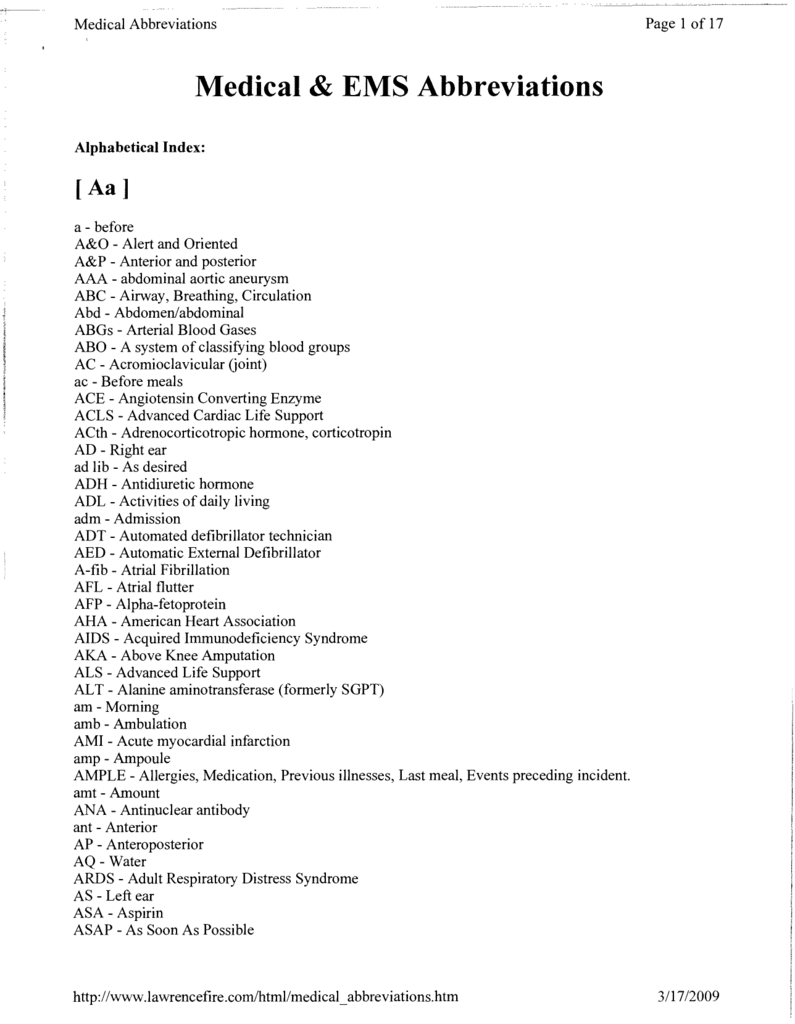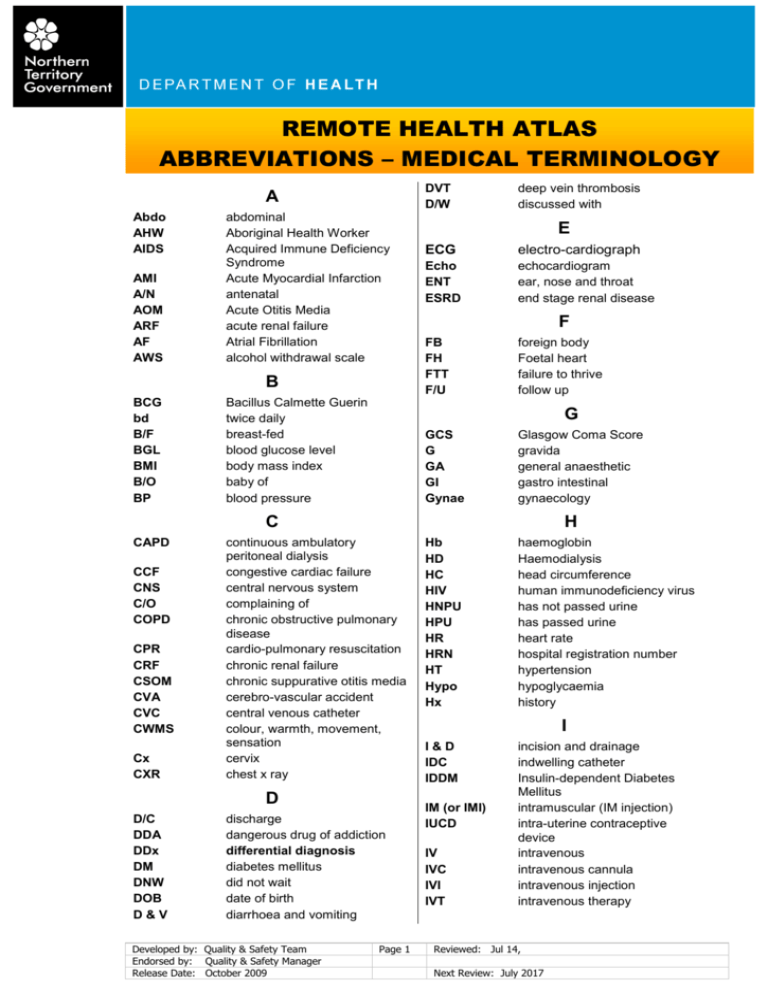



Complete blood count (CBC): A blood test that can detect infection by evaluating the composition and proportion of different types of blood cells in a sample of blood.Upper respiratory tract infections: A wide range of communicable infections, typically viral, that affect the nose, nasal passages, and upper airways.Interstitial lung disease (ILD): A category of conditions that cause inflammation and scarring in the lungs, including certain autoimmune diseases like lupus.Granulomatous lung diseases: A wide range of diseases like sarcoidosisor granulomatosis with polyangiitis that cause hardened granules in the lungs.Gastroesophageal reflux disease (GERD): A chronic form of acid reflux that can cause asthma-like symptoms when triggered by something you eat or even something you inhale.Cystic fibrosis: A genetic disease that causes the excess production of mucus accompanied by episodes of coughing, wheezing, and shortness of breath.COPD: A long-term inflammatory lung disease linked to cigarette smoking that also causes acute exacerbations.Bronchiolitis obliterans: A serious, irreversible lung disease in which the smaller airways of the lungs ( bronchioles) are damaged, often due to inhaled toxins.Bronchiectasis: A chronic lung condition in which the major airways of the lungs ( bronchi) have permanently widened, making them hyper-reactive.Asthma: A long-term inflammatory disease characterized by acute episodes of breathing restriction (known as exacerbations).


 0 kommentar(er)
0 kommentar(er)
